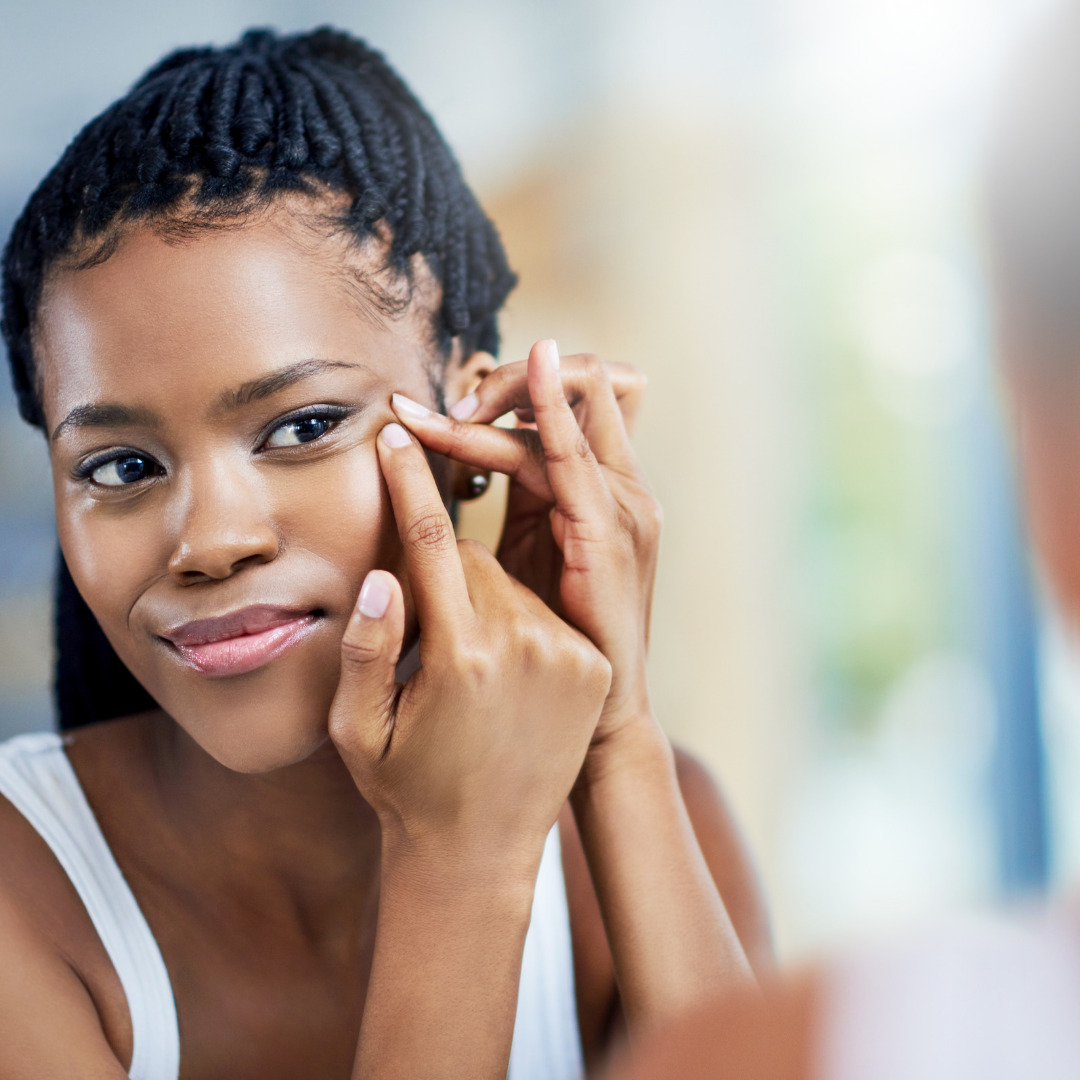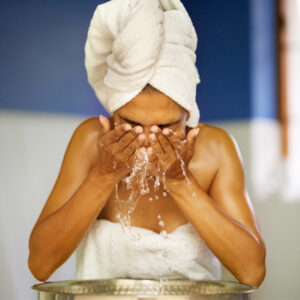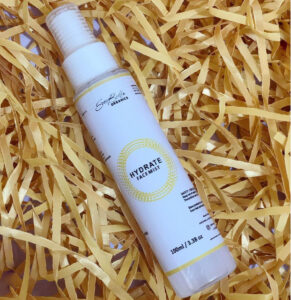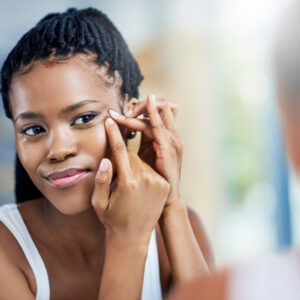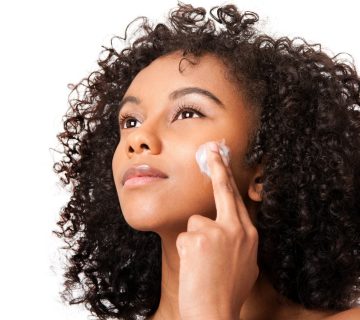- Acne, commonly known as pimples is a common skin condition that we can all agree is very annoying. Acne happens when your hair follicles get plugged with dead skin cells and oils, leading to pimples, whiteheads, and blackheads.
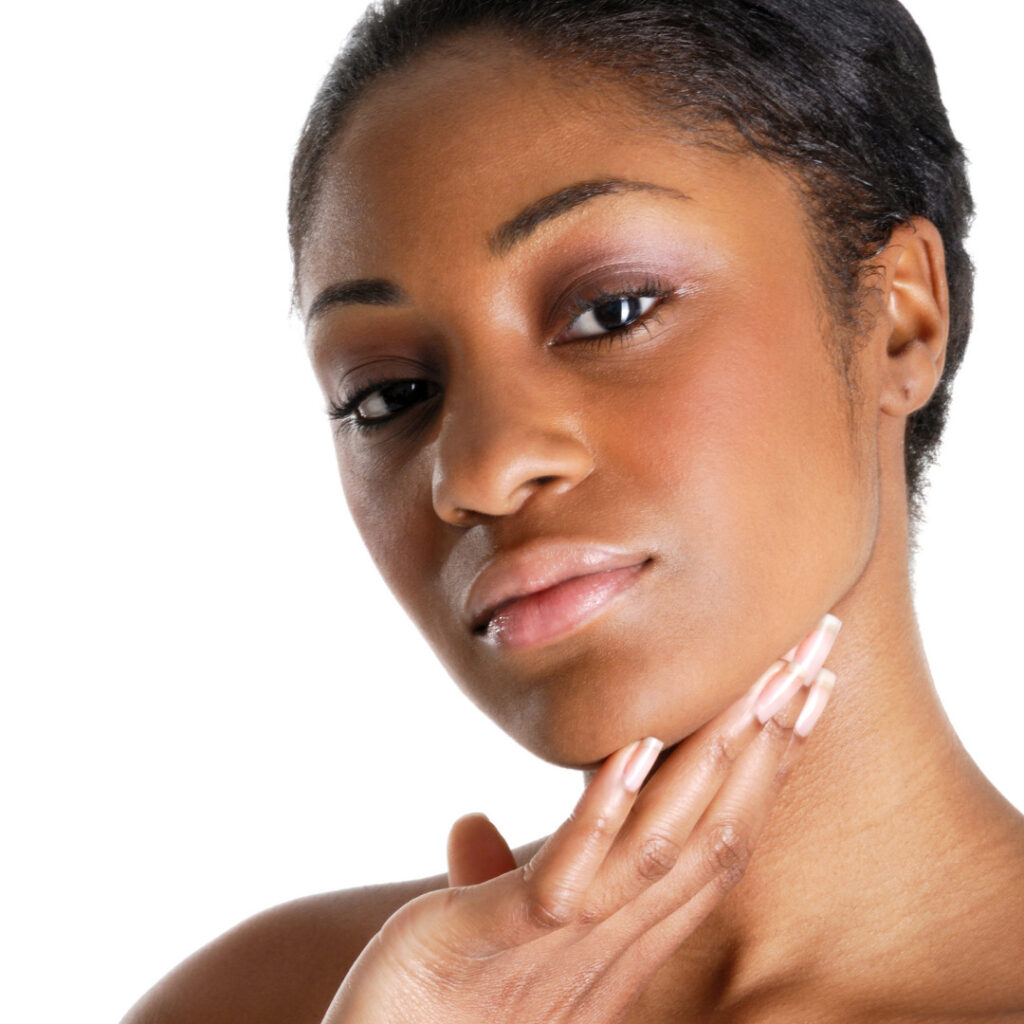
If you have acne-prone skin, all hope isn’t lost and you can still keep your acne at bay! Here are a few tips to manage acne-prone skin and keep it healthy:
- Cleanse Your Skin Gently: Intense cleansing can be harsh on your acne-prone skin and rubbing harshly can promote acne. You should gently clean your face daily with a mild cleanser, like the Eres Bella African Black Soap to remove the accumulated dirt, makeup, and clogged oil.

- Moisturize Your Skin: Moisturizers help your skin stay moisturized and prevent your skin from producing excess oil which leads to acne. To help prevent acne, use fragrance-free, non-comedogenic moisturizers like the Eres Bella face cream after you wash your face.
- Stay Hydrated: Same as above, if you’re dehydrated, your body may signal your skin’s oil glands to produce more oil. It also gives your skin a dull appearance and promotes inflammation and redness. To keep your body well-hydrated, drink at least eight 8-ounce glasses of water each day. You could also use the Eres Bella face mist to keep your face hydrated and to keep your facial oils in check.

- Don’t Touch Your Face: Your hands encounter grime and bacteria constantly throughout the day and each time you touch your face, you transfer them to your skin. By all means, touch your face if you must but wash your hands regularly, and try to touch your face as little as possible.
- Avoid Popping Pimples: As tempting as it may be to squeeze the whitehead on the tip of your nose, don’t. Popping pimples may cause bleeding, severe scarring, or infection. It may also increase inflammation and clog surrounding pores, making your pimple problem worse.

- Avoid Certain Foods: According to a recent study, eating high glycemic foods and beverages like chips, baked goods made with white flour, and soft drinks may cause acne. The study also found that eating dairy may trigger pimples. So, it’s safe to say it’s best to avoid high glycemic foods.
- Avoid Stress: If possible, avoid stress. Stress doesn’t cause pimples but it may make them worse. Research has shown that when you’re stressed, your body produces more oil-stimulating hormones which of course causes pimples.
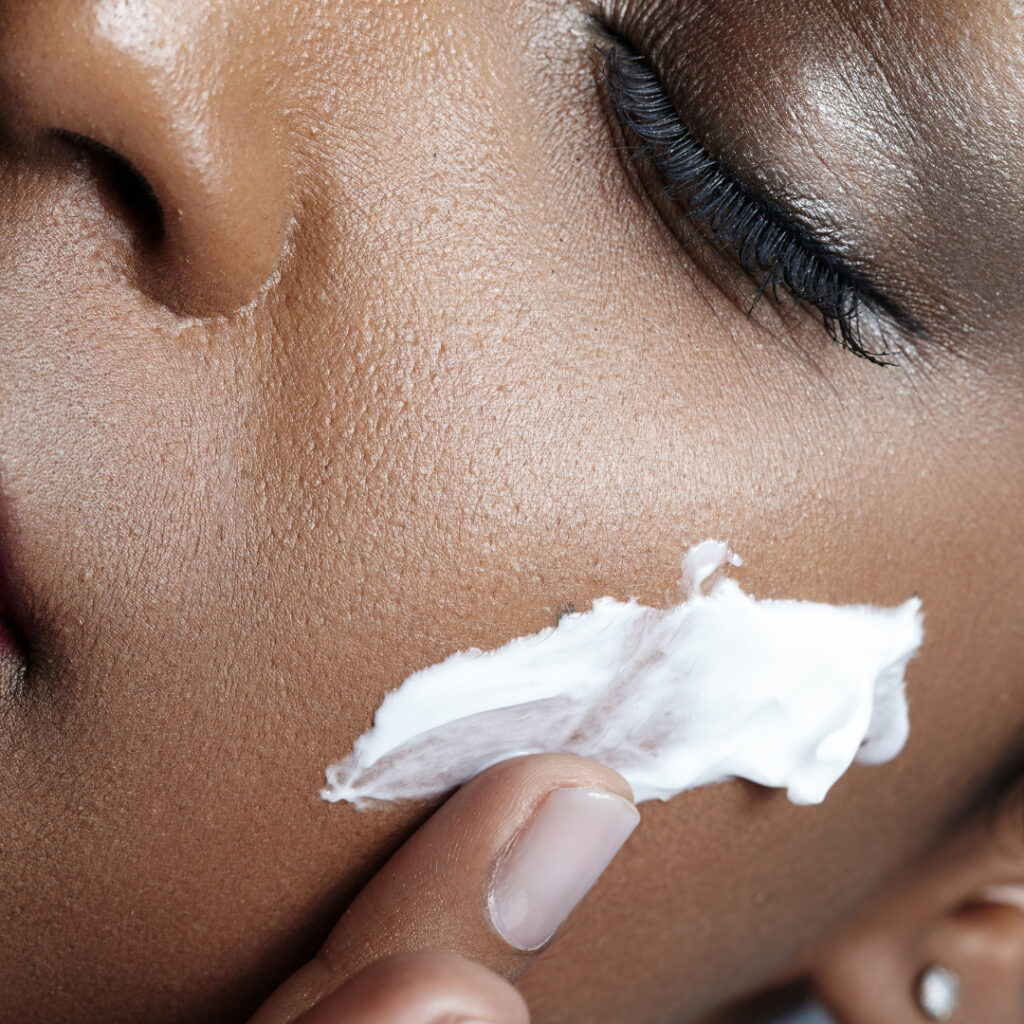
Acne is hard to deal with, we know but the earlier you start to manage your acne problem, the easier it is to deal with. But remember, whatever pimple prevention plan you choose, patience and consistency are key.
